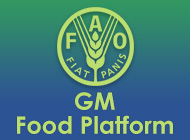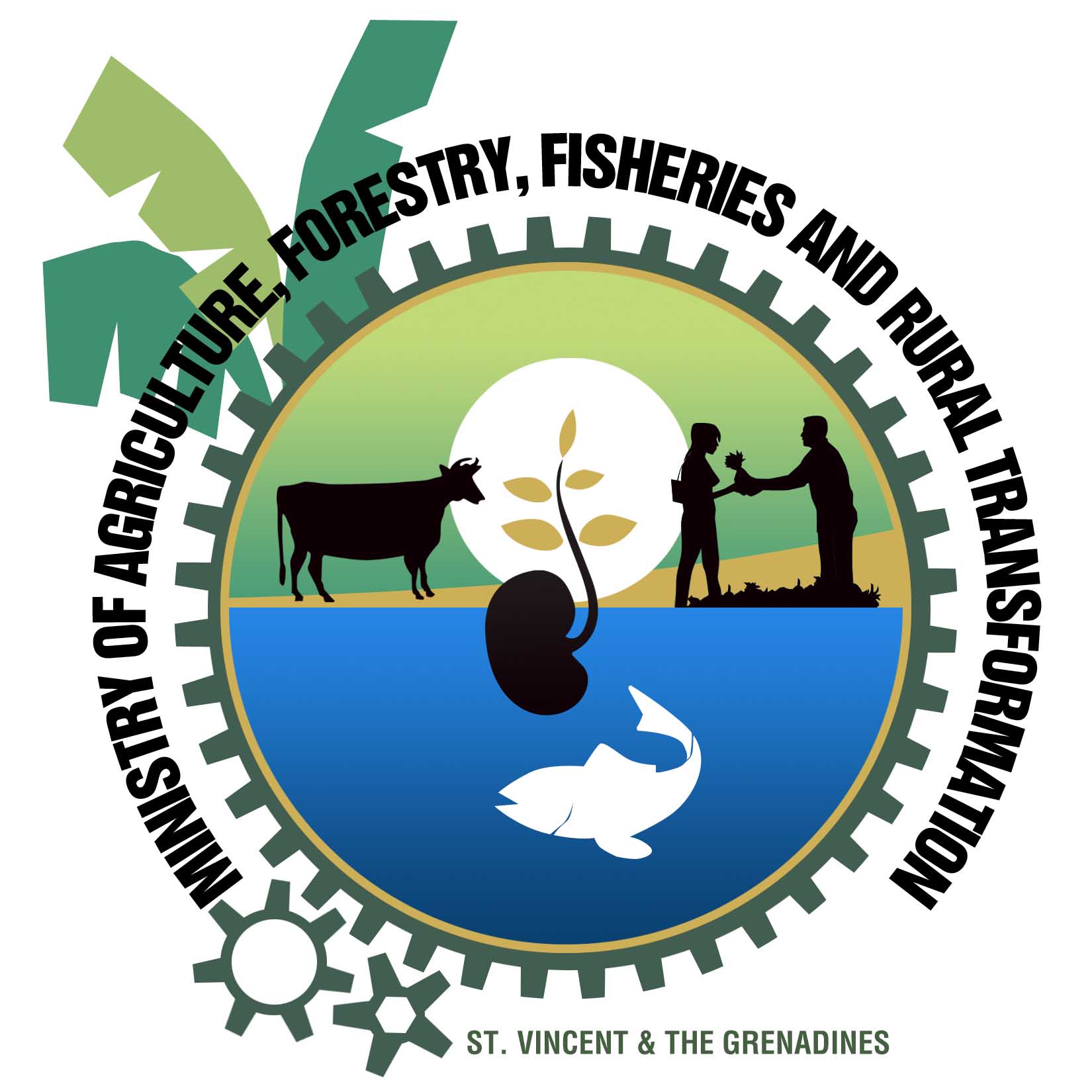The Rural Transformation Unit within the Ministry of Agriculture, Rural Transformation, Forestry and Fisheries hosted a two-day training workshop was held on the 14th and 15th November 2017. The objective of the workshop was to provide training in Food and Nutrition Education to support the successful implementation of the Sustainable School Feeding Programme model in St. Vincent and the Grenadines.
Saint Vincent and the Grenadines recently joined other Caribbean countries in the Brazilian Government and Food and Agriculture Organisation (FAO) funded School Sustainable Feeding Project. The new model programme has been very successful in Brazil and is now being adapted in the Caribbean and Latin America with funding by the FAO. The programme comprises of eleven components. However, only six are currently implemented in St. Vincent and the Grenadines.
It includes the following modules:
- The inter-sectorial articulation which involves the setting up of the inter-ministerial committee. The five ministries are the Ministry of Agriculture, Ministry of Economic Planning, Ministry of Education, Ministry of Health and Ministry of National Mobilization.
- Nutrition Education through School gardening which is still in the conceptual stage. Nutrition assessment of students of students. Over four hundred (400) students were assessed in June 2017 and is now being analyzed to develop a Nutritional Assessment Plan for the schools and parents.
- Linking of family farm. This will ensure that locally grown fresh fruits and vegetables are used in the school’s kitchen and are consumed by students.
- Food and nutrition training workshops.
The Rural Transformation Unit is the focal point for the Sustainable Schools Feeding Project. The project commenced in November 2016 in three (3) pilot schools, Brighton Methodist, Buccament Government (Dubois) and the Diamond Government.
The School Feeding Programme (SFP) has always been a part of the government of St. Vincent and the Grenadines effort towards human resource development. It was first introduced in February 1984 with just a hot glass of milk and sweet biscuits. Since then a lot of changes have taken place to further enhance the SFP, which now provides one third (1/3) of a child’s nutrient requirement served in the form of a lunch.
The workshop was attended by approximately 45 participants from within the Pilot schools as well as other schools nationwide, Government departments and stakeholders in the school feeding programme. It was facilitated by Marcia Cameron, Nutrition Education Consultant, Food and Agriculture Organisation (FAO).

Participants at the Sustainable School Feeding Project Food and Nutrition Education Training Workshop.
Source: Ministry of Agriculture, Forestry, Fisheries, Rural Transformation, Industry & Labour




